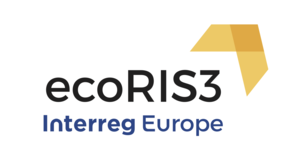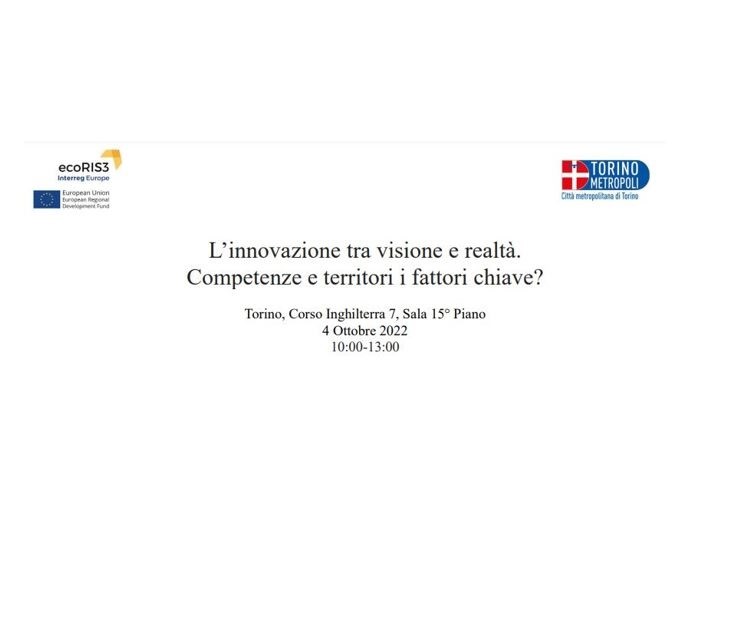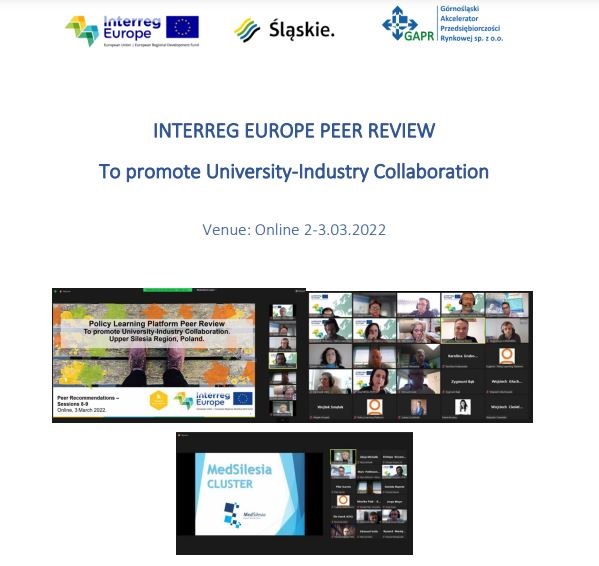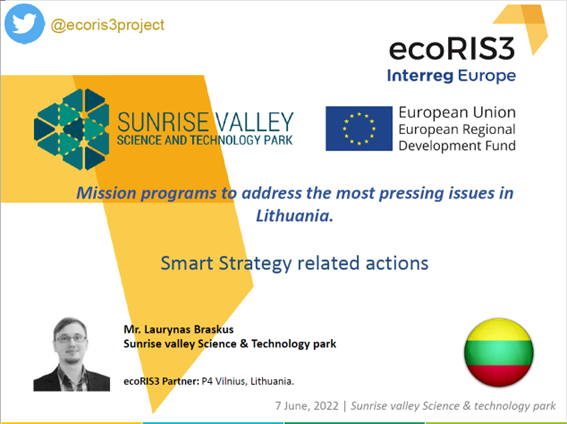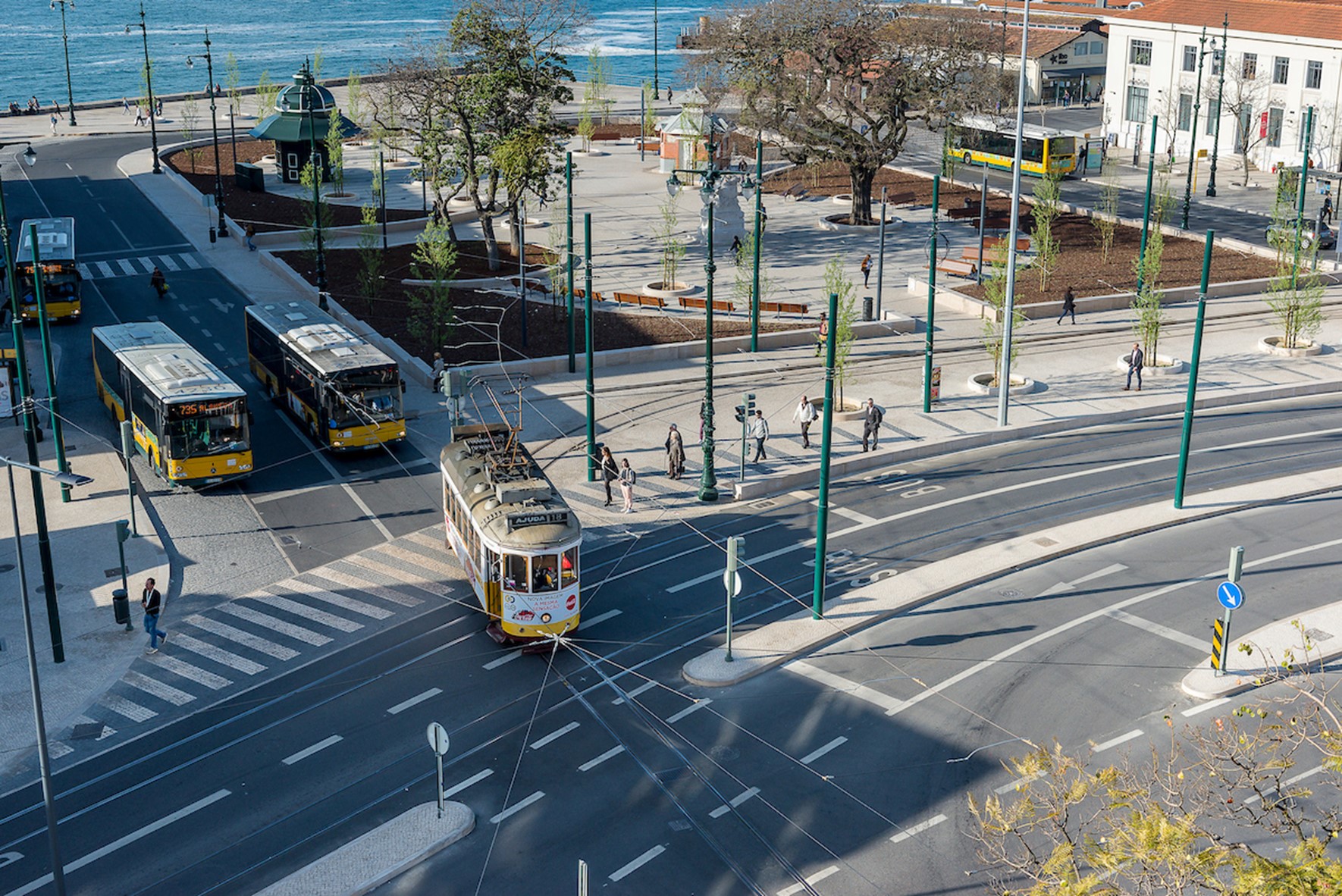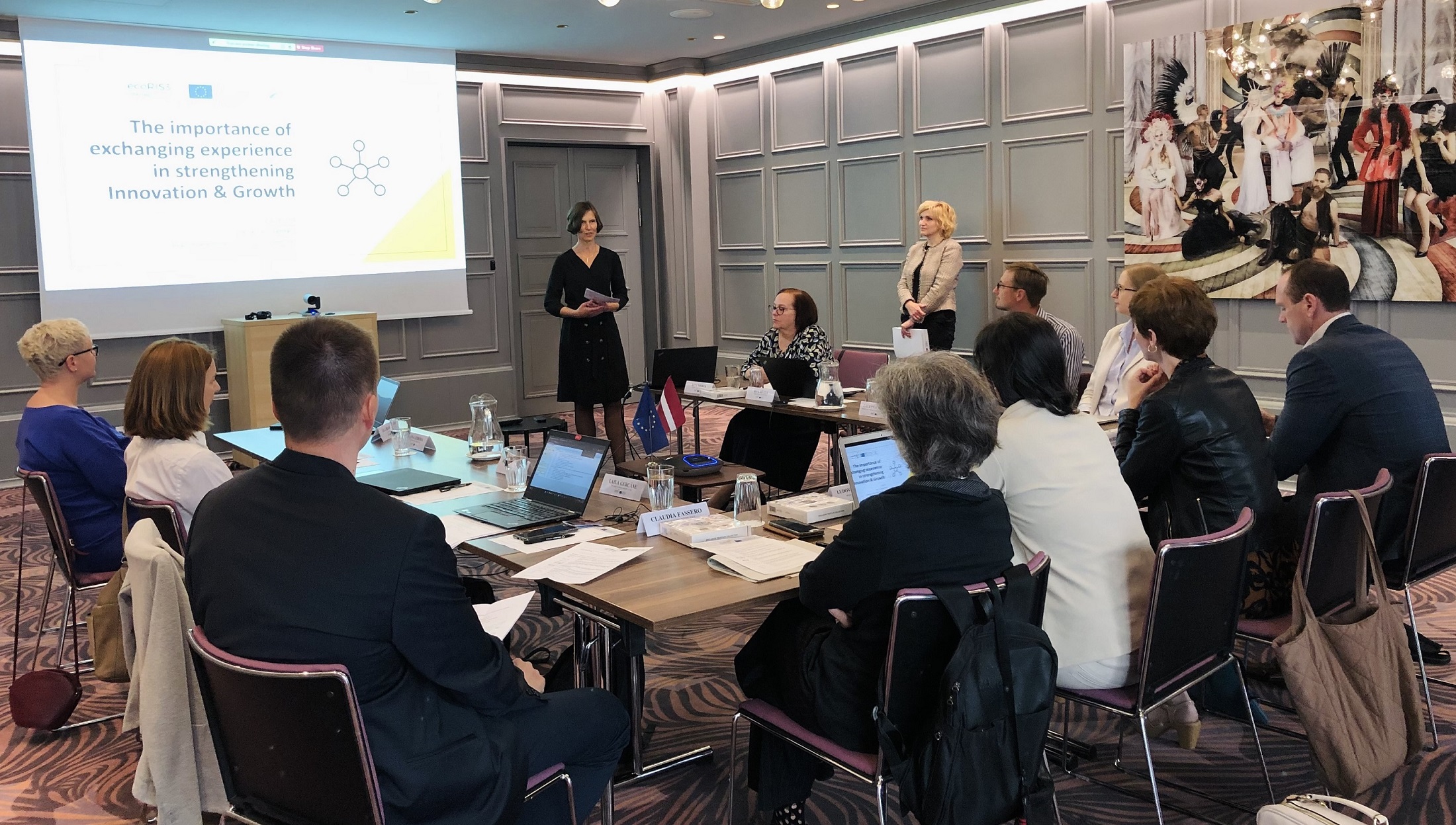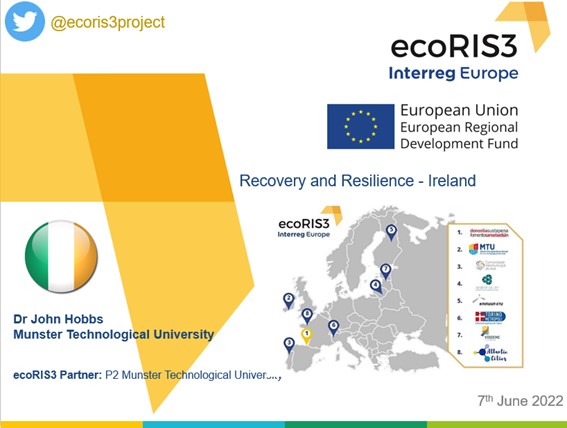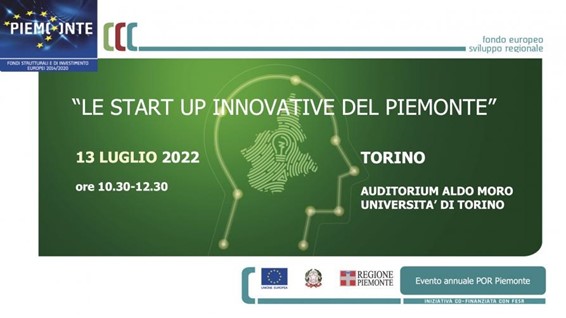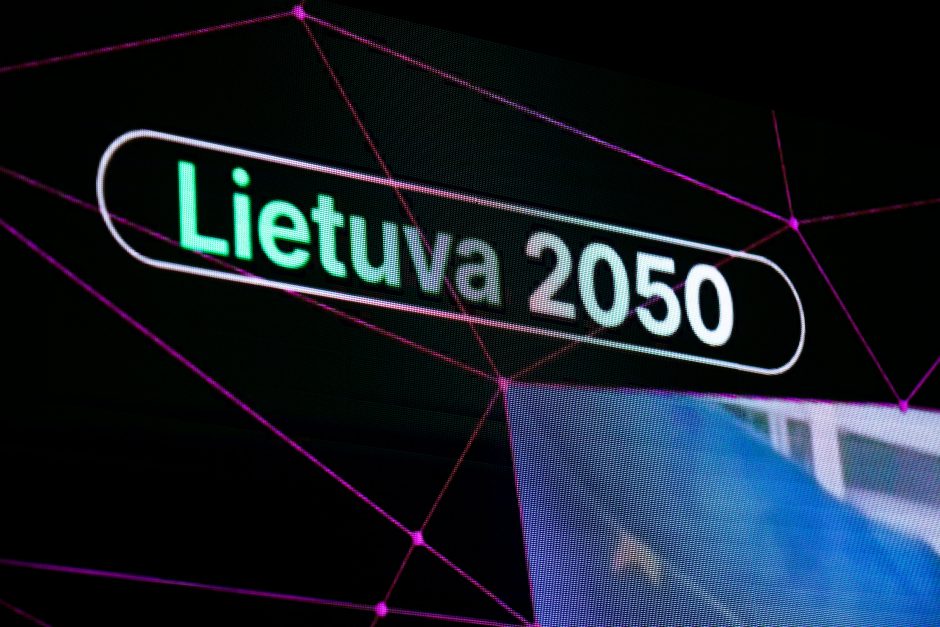The main objective of the ecoRIS3 project is to promote better policies and measures to support local and regional innovation ecosystems within RIS3 strategies.
As a first step, the project has planned the preparation of partners’ SWOT analyses in order to identify the specific gaps to be addressed in the regional innovation chain policies of the different territories covered by the project (i.e. Spain, Portugal, France, Italy, Ireland, Latvia, Lithuania & Finland). These SWOTs are also set out to establish the parameters of the RIS effectivity, in terms of the Smart Specialisation Strategies being successfully deployed, to support sustainable growth and development in the participating partner regions. The final objective of the reports is to draw recommendations to enhance innovation ecosystems within RIS3 strategies.

In order to facilitate a comparison across all partners’ reports and regions, a common methodology was designed: the document is a composite analysis to map the key Strengths (Natural resources, Solid innovation support policies, endowed with relevant resources, Base of qualified human capital, Solid industrial fabric), Weaknesses (Governance complexity, Poor Communication, Lack of connectivity between research centers & enterprises, Lack or -inefficient use of fund-difficult access to finance, Gaps in the education system), Opportunities (Policy coherence and alignment with RIS3 priorities, Cluster policies, EU funds, Increased cooperation within the innovation ecosystem, Public consultation and dissemination) and Threats (Ageing, Talent Drain, Weak cooperation) of Innovation Ecosystems in European territories.
Even though the region covered by the partnership is highly heterogeneous, the ecoRIS3 partnership has founded common challenges. Indeed, carrying out a composite analysis of the 7 regions involved would be highly advantageous from the dual perspectives of:
1. Having a good overview of the status of the RIS3 in European territories and
2. Feeding this information into the future Action Plans.
In fact, the SWOT Analysis exercise has allowed the partnership to confirm that the reinforcement of cooperation among all agents of innovation systems, especially between innovation centers and companies, is still a need and a main challenge of the European Union’ territories.
Aware of this challenge, partners will be analyzing good practices through its Workshop Nº4 held in Lithuania on 27th and 28th November on “Business and Science cooperation”.
